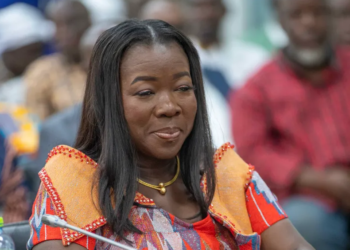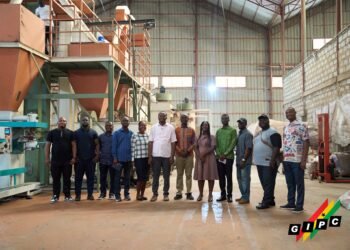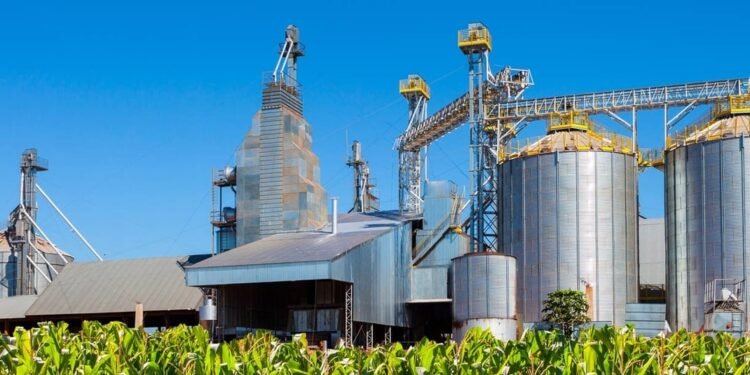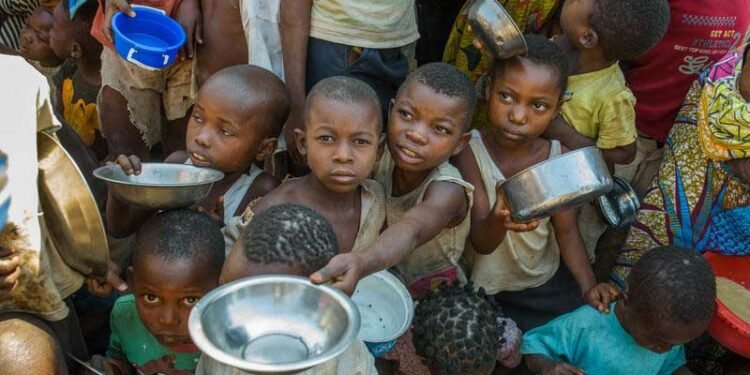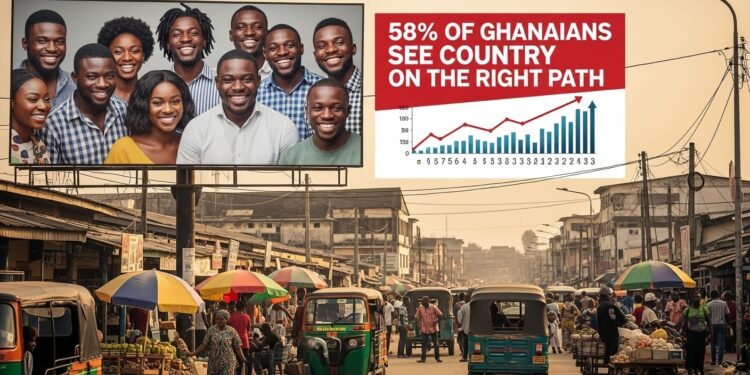The Executive Director of Financial Literacy Foundation Africa, Richmond Kwame Frimpong, has called for the sensitization of the informal sector to benefit from the African Continental Free Trade Agreement.
According to him, it is one of the biggest things that has happened to trade globally. As such businesses must position themselves well to enjoy its full benefits.
He explained that the benefits of the free trade area, when limited to only elite businesses will inhibit the country’s potential in addressing challenges.
“The continental free trade area for Africa is going to be the largest free trade area. It is going to be one major thing that everybody will need to take advantage of.
“Particularly my friends in the MSMEs. Because this is a trade agreement that is governing trade on a continent that has more than eighty percent in the category of the Micro, Small and Medium enterprise. And so, if for nothing at all, this is going to be one of the game changers for these small enterprises.
“So, we are going to do well to understand what the whole concept of AfCFTA is about first. And when we understand it, we can leverage on that trade concept for the growth of our businesses and enterprises”.
Challenges of AfCFTA poses threat to businesses
Additionally, Mr. Frimpong insisted that there are challenges the continental free trade area needs to address. Among the problems he identified which AfCFTA proffers to solve, is the difficulty in trading in Africa.
According to him, Africa has not leveraged on the size of the continent in terms of trade and economy. As a result, “we operate individually as countries and the advantages of economy of scale eludes us”.
Mr. Frimpong stated that this is so because businesses on the African continent make biddings and sales as individual countries.
“Unfortunately, we trade with other zones who also have free trade areas like the eurozone among others. And because we deal with them as individual countries, we don’t become competitive in terms of the benefits which we make”.
“That disadvantage of not having a bloc as a continent to trade has not given us much in terms of output and GDP”.
He stated that breaking through multiple regional membership in countries affiliated to groups such as ECOWAS also inhibits trading.
“You see that if you are in Ghana, you have to beat ECOWAS. And if you have to even make a way for a market for your product in South Africa, then you will have to also probably meet Southern Africa region trade deals and arrangement protocols.
“It makes trading on the continent which offers the biggest demands for the things we produce even more difficult. And a little bit more complex than to trade with the rest of the world”.
Richmond Kwame Frimpong
Benefits of AfCFTA
According to the World Bank, the AfCFTA agreement will create the largest free trade area in the world. The pact connects 1.3 billion people across 55 countries with a combined gross domestic product (GDP) valued at US$3.4 trillion.
Touching on the benefits, Albert Zeufack, a Chief Economist, had earlier disclosed that AfCFTA has the potential to increase employment opportunities and incomes. Similarly, he stated that it will help to expand opportunities for all Africans.
“The AfCFTA is expected to lift around 68 million people out of moderate poverty and make African countries more competitive. But successful implementation will be key, including careful monitoring of impacts on all workers, women and men, skilled and unskilled across all countries and sectors, ensuring the agreement’s full benefit”.
Albert Zeufack
READ ALSO: GES Directive To Achimota To Admit Rastafarian Students, A Rush Decision- David Acheampong





